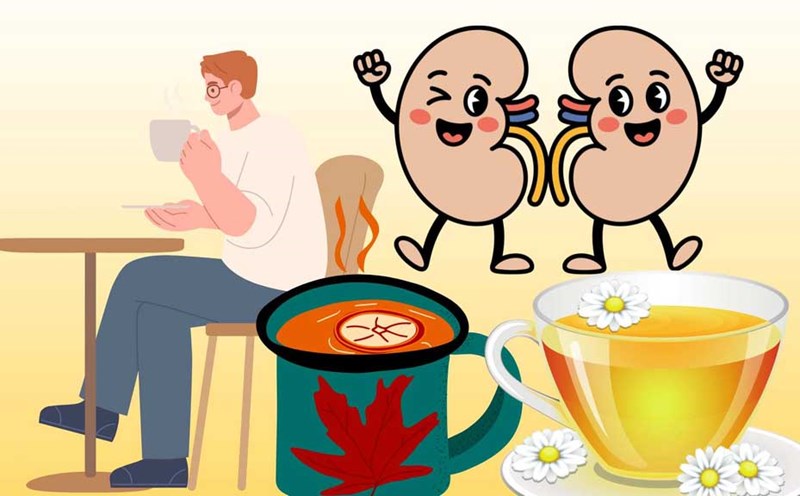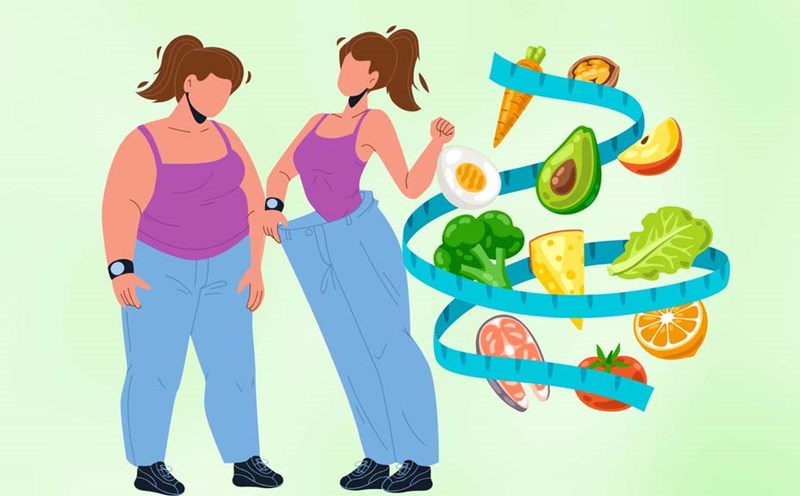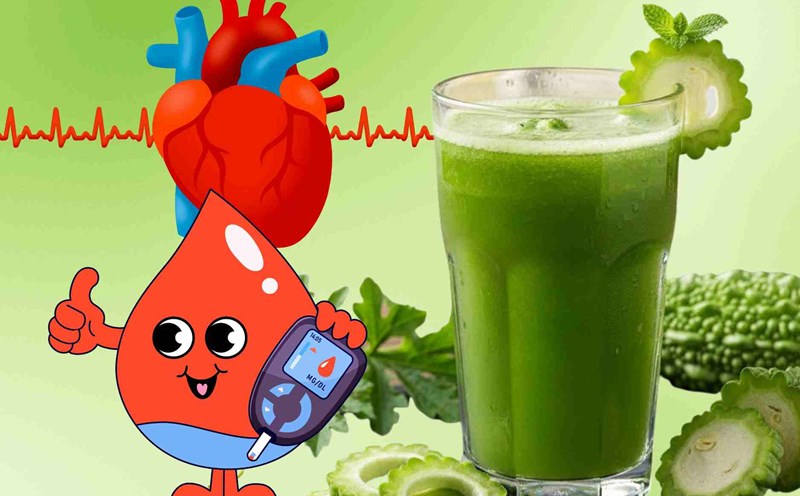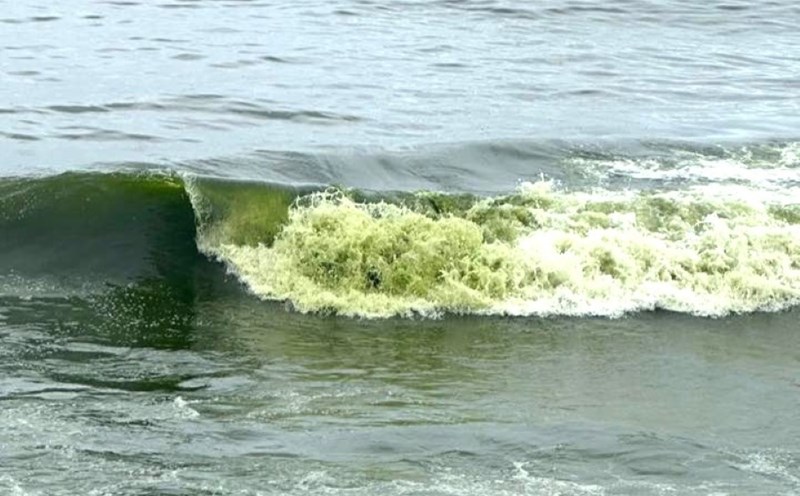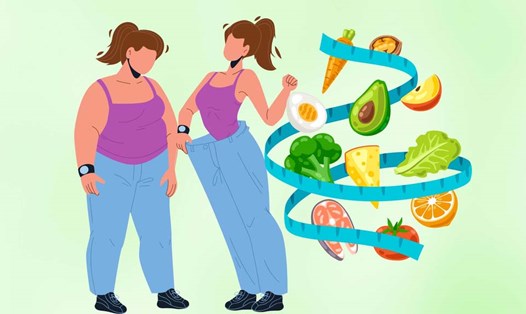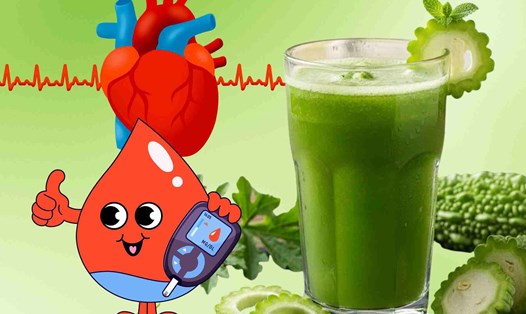1. Numbness and pain in the hand, especially pain that spreads in the left arm
Although numbness and pain in the hands can be a manifestation of cervical vertebrae degeneration and inflammation around the shoulder joint, if this condition occurs in the left arm, especially after exercise or fatigue and accompanied by spreading pain, you need to pay attention.
Many patients with coronary heart disease said that the first symptom they felt was pain spreading in their left arm. Specifically, the pain that spreads in the left arm in coronary heart disease comes from damage to the heart, causing disturbances in the nervous signal in the chest area and spreading the pain to the shoulder or left arm.
Heart problems can affect the nerves around the chest and cause pain that spreads to the left shoulder, left arm, or even the fingers. This spreading pain is often not limited to a certain part of the arm but also extends to the fingers, forearms, or even the back.
In particular, if this pain occurs when you are emotional, struggling or physically active, it is a good sign of early warning of coronary heart disease.
If the pain or numbness in your left hand persists and recurs, you should see an early doctor and have a comprehensive cardiovascular check-up for timely diagnosis and treatment.
2. Frequently putting cold sweat in the palms
The heart is an extremely sensitive organ, any disorder in blood circulation can directly affect the body's circulatory system. When the coronary artery is narrowed or blocked, the amount of blood flow to the heart decreases, leading to anemia to nourish the body and making the hands, especially the palms, more likely to sweat.
If you often sweat cold in your palms, even if you are not affected by the weather or stress, and are accompanied by fatigue, chest tightness, and shortness of breath, your heart may be sending warning signals.
This symptom should not be taken lightly, as it can be an early sign of coronary heart disease or circulatory disorders. When the body is constantly "swerving" with cold sweat, see a cardiologist immediately for appropriate examination and treatment advice.

